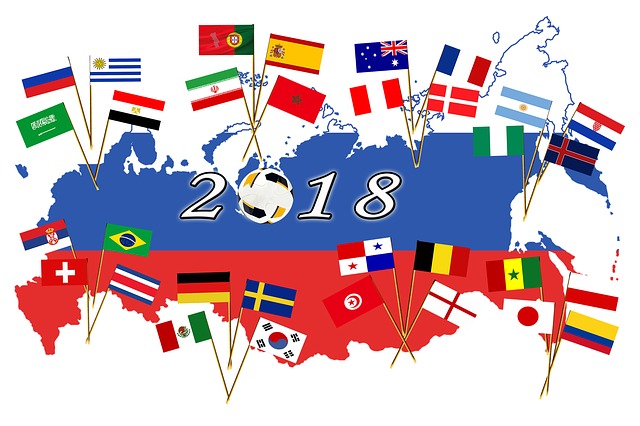Did Mexico’s Win Over Germany Cause an Earthquake?
Late in the morning of Sunday the 17th of June, Mexico City’s seismic sensors picked up what was reportedly a minor earthquake. But it was not triggered naturally, says the group in charge of monitoring the gauges.
The Institute of Geologic and Atmospheric Investigations in Mexico, the group in question, said that it has quite possibly been caused because of mass jumping. Apparently at least two sensors picked up the activity. The cause for the jumping?
The Mexicans Routed Germany
As football punters enjoying the World Cup thanks to Australian sports betting will be able to tell you, moments previously Mexico had managed to score a goal against Germany. The Mexican men’s national football team scored against the European powerhouse in their Group Stage match in the World Cup in Moscow.
The Mexicans went on to to win the match outright, at 1 — 0, defeating the World Cup Champions and taking a place of pride in one of the biggest upsets in the history of Mexico’s World Cup participation.
Clear Indications of How Much the Win Means
One need only glance at Mexico City’s seismographs to get an idea of how important this victory was to the country. But there was a lot of other evidence as well.
After the final whistle blew, households all over the country erupted in celebration, with people pouring in to the streets to share their joy. Strangers embraced one another as family, and the jubilation went on for ages.
Finally Some Good News for Mexico
Car horns created a cacophony for a long time, and elated fans transformed public plazas into huge parties, with Mexican flags being waved, songs being sung, and chanting accompanying the celebratory drinks and sprays of foam.
This jubilation was obviously not simply about the win. For many, the victory was not just the first major World Cup surprise, but finally something for Mexico to celebrate in the face of grim news for the county alongside a political campaign season that is becoming progressively more toxic.
The elections are set to be held for July 1, and will decide on over 3 000 posts at local, state, and federal levels, including the presidency. And that’s not even mentioning the gradually more outrageous, increasingly more disgusting propaganda being spewed by a certain Cheeto-coloured previous reality star who shall remain nameless here.
Juan Rodrigo Guadarrama, a 32-year old taxi driver in Mexico City spoke for many when he talked about what a wonderful surprise the win had been. He said he had initially not even wanted to watch the game, since he thought that there was no chance that the Mexicans would prevail, and he truly believed he would be watching the one and only game his national team would play. He said that the win has renewed hope for many, and spoke of it bringing people who are polarised and at each other’s throats back together. He added that it made one believe that truly miraculous things were possible!

